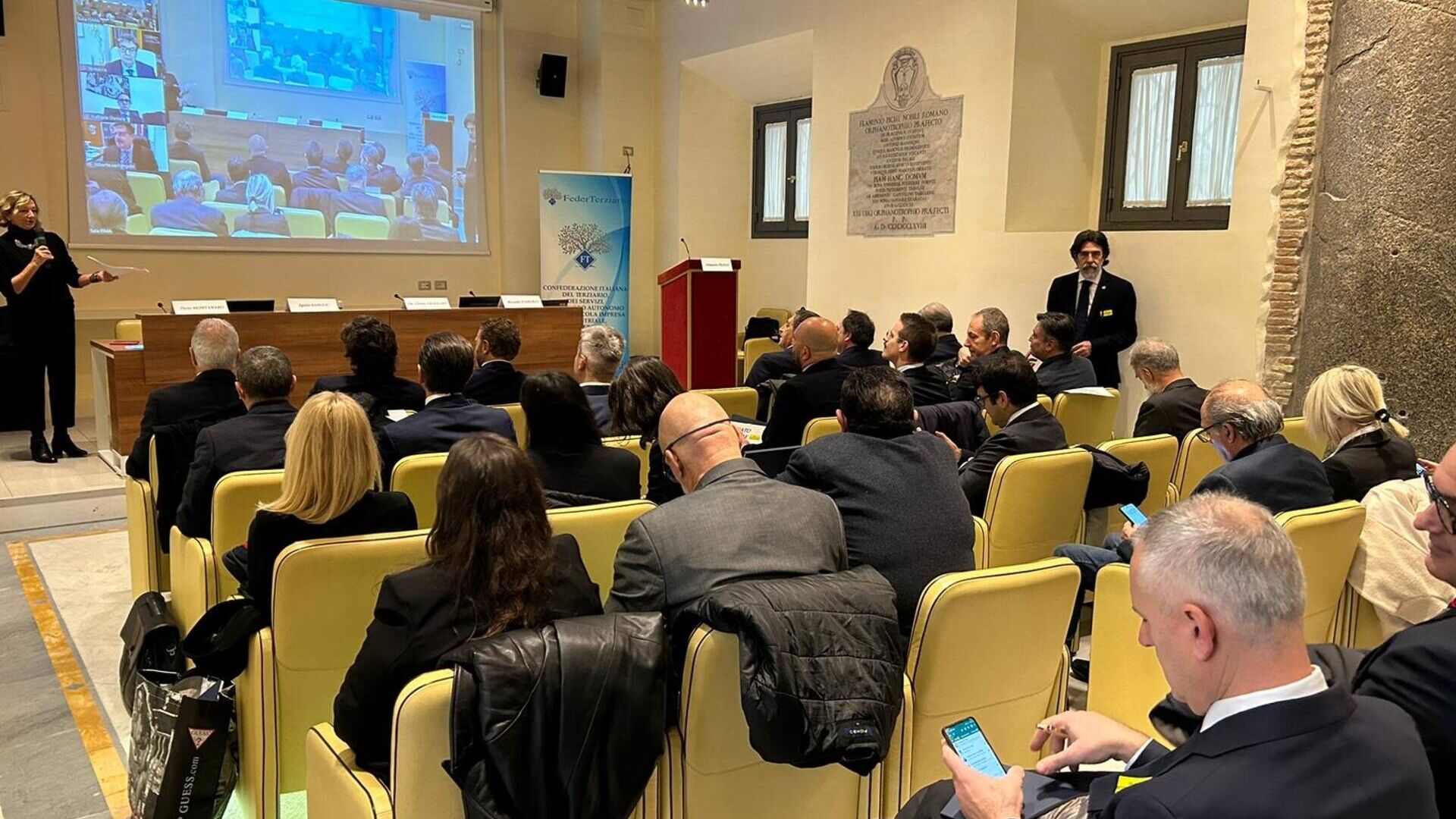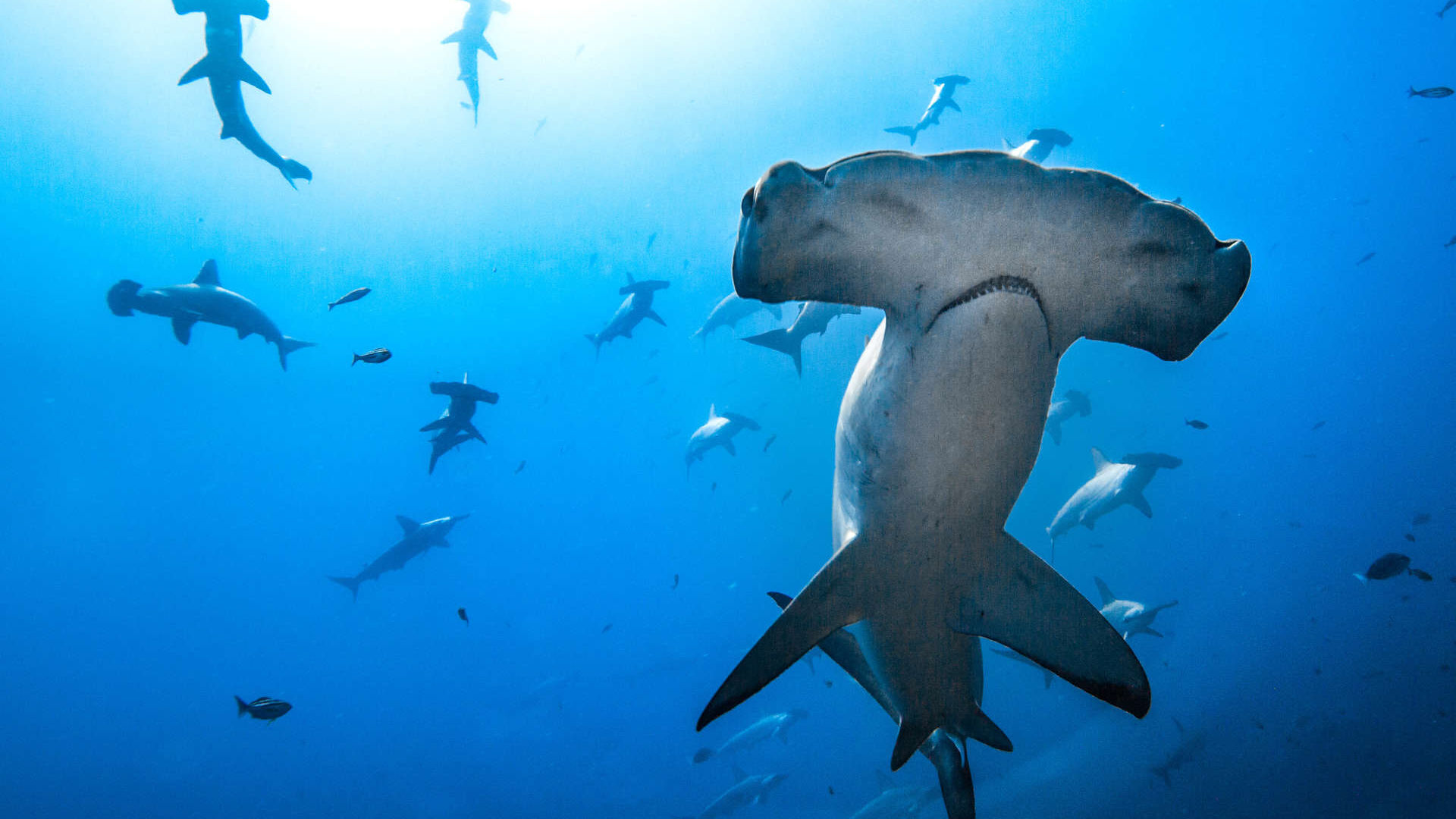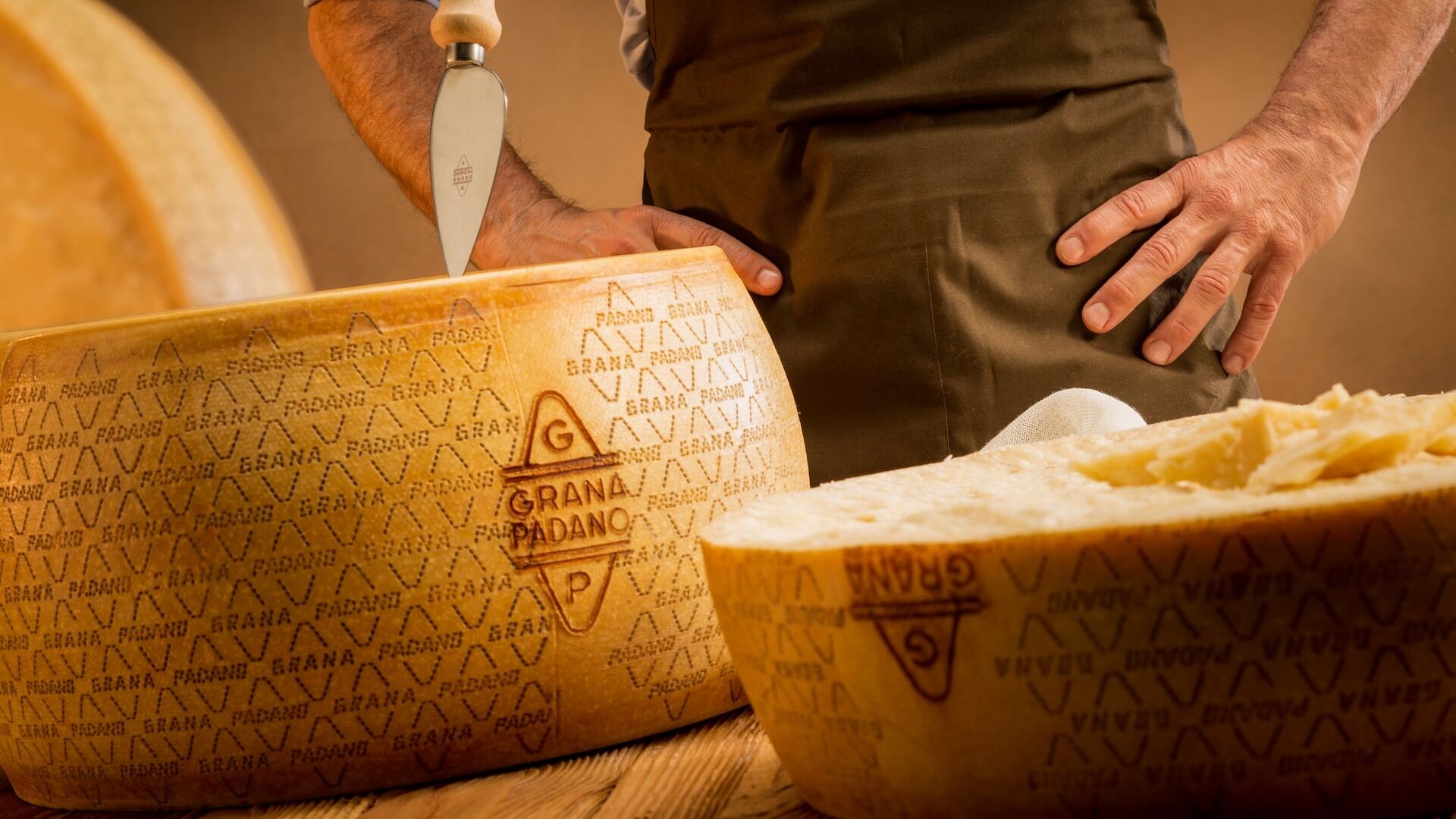Giovanni Zappatore: "It is MedTech that gives concrete help"
The CEO of Bion IT Labs participated in the "Swiss Tech Experience": "Technology is not designed for technology itself, but to serve..."
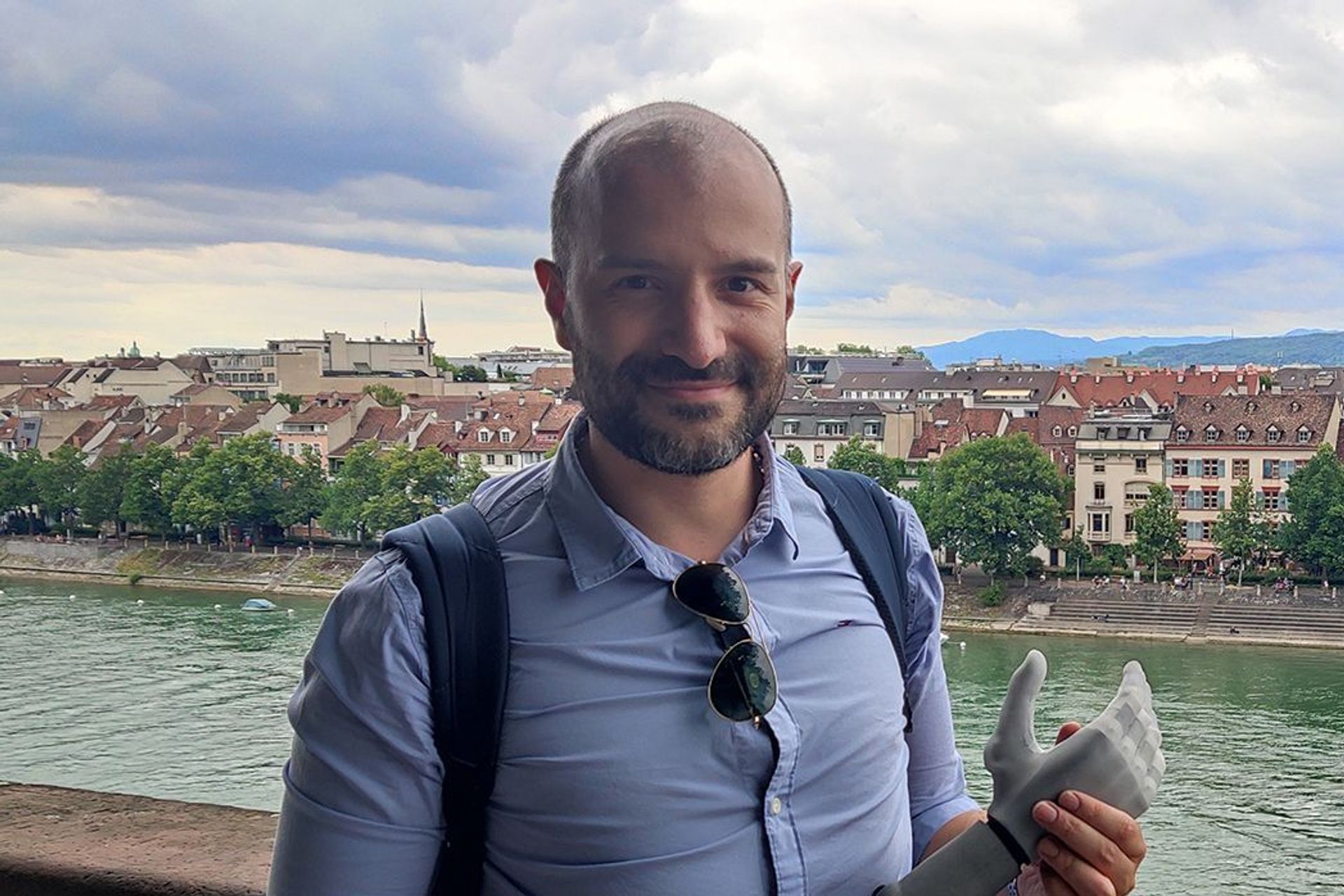
Il biblical reference it is intuitive and, if not, it is the payoff that reveals it: "The first of its kind", the first of its kind. And such indeed is Adam's Hand, the world's first fully adaptive bionic hand, conceived, developed and created by Bion IT Labs, Salento start-up founded in 2018 by Giovanni Antonio Zappatore, born in 1991, CEO of the company which today has about thirty employees and consultants, based in Soleto, in the Lecce area.
“The first of its kind”, in fact: it is not surprising then that Bion IT Labs has been selected by a qualified jury to take part in the "Swiss Tech Experience Week", between 27 June and XNUMX July last, and show in Switzerland the fruit of his own ingenuity, the own technology , company philosophy which, in four years, has brought BionIT Labs to where it is now, in a crucial stage of its evolution, on the eve of entering the market.
What is Adam's Hand? A polyarticulated myoelectric prosthesis for upper limb amputees: a technology that was born out of an almost ethical need, that of being of help, of reaching out a hand. Giovanni Antonio Zappatore, father a doctor and mother a pharmacist, is a mechanical engineer by training and insists on this: “It's not drawing technology for technology in itself, it is a way of making it a concrete, accessible help”…
The imprint of innovation to attract companies and tourism
Video, the activities of the first "Swiss Tech Experience Week"
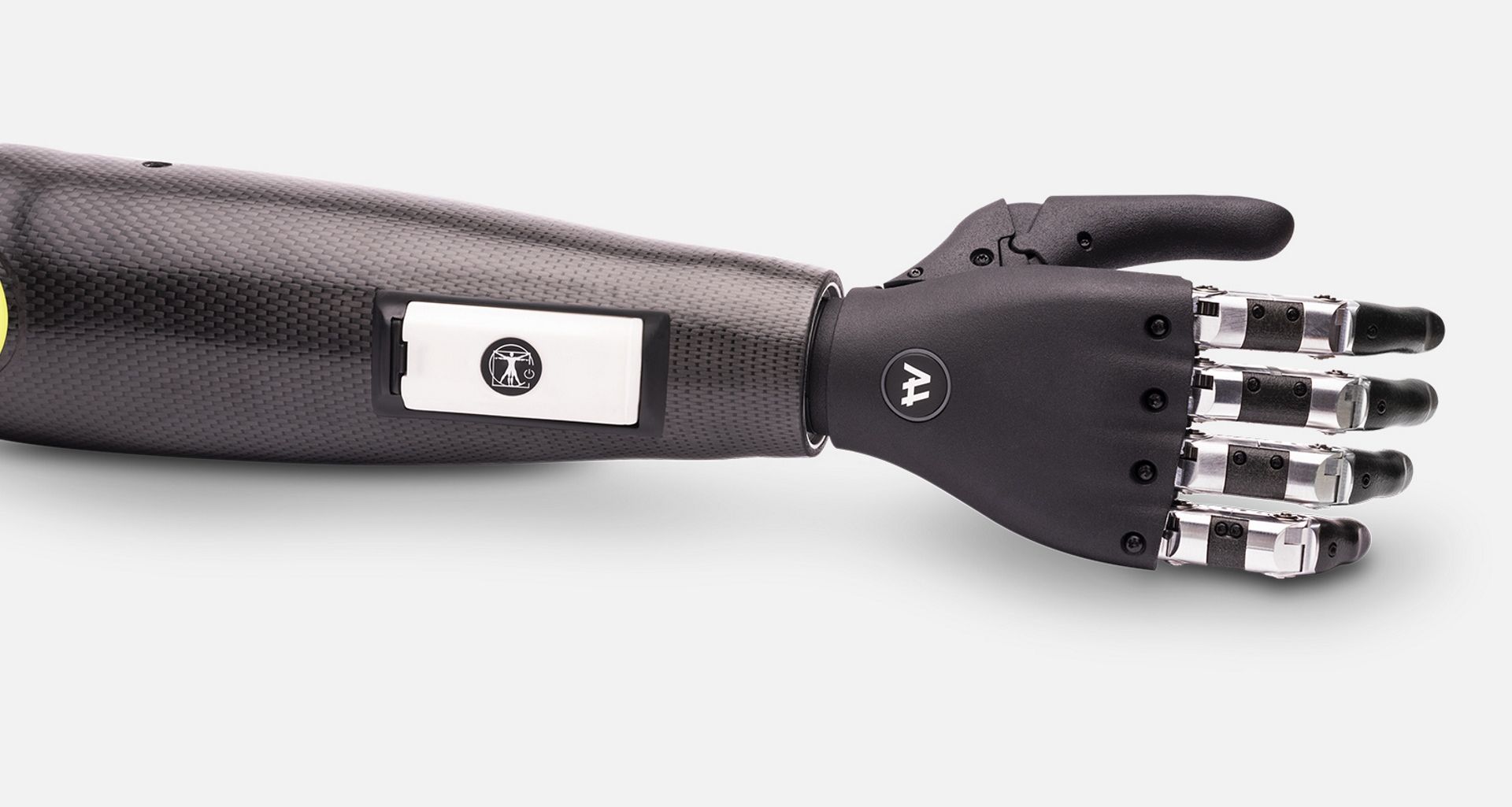
John Zappatore, what is the intuition of Adam's Hand?
“It derives from the fact that, in the state of the art, there are essentially two types of myoelectric prostheses, ie controllable by means of the contraction of the muscles present on the patient's residual limb: the three-digital ones and the multi-jointed ones. The former are the sturdiest, most used, least expensive and simplest to control: the sensors 'read' the inputs of the wrist extensor and flexor muscles and can close the index and middle finger against the thumb in a single movement, while a glove simulates the other two fingers. The polyarticulated, on the other hand, are much more expensive, more technological, anthropomorphic and more dexterous: they generally use five-six motors to move the five fingers and the grips are selected through gripping patterns chosen a priori, which the user must learn to memory. We position ourselves in the middle, with a polyarticulated prosthesis that is as easy to control as a three-digital one, having developed a mechanism that delegates the decision itself on how the fingers move to the automatic distribution of forces that is obtained when an object is grasped; the user does not have to choose which grip to activate, an often complicated aspect and source of a high psychological load, but only has to open and close the hand: it is then the latter that adapts to the shape and size of the objects held”.
In Milan "trends in Artificial Intelligence" of Switzerland
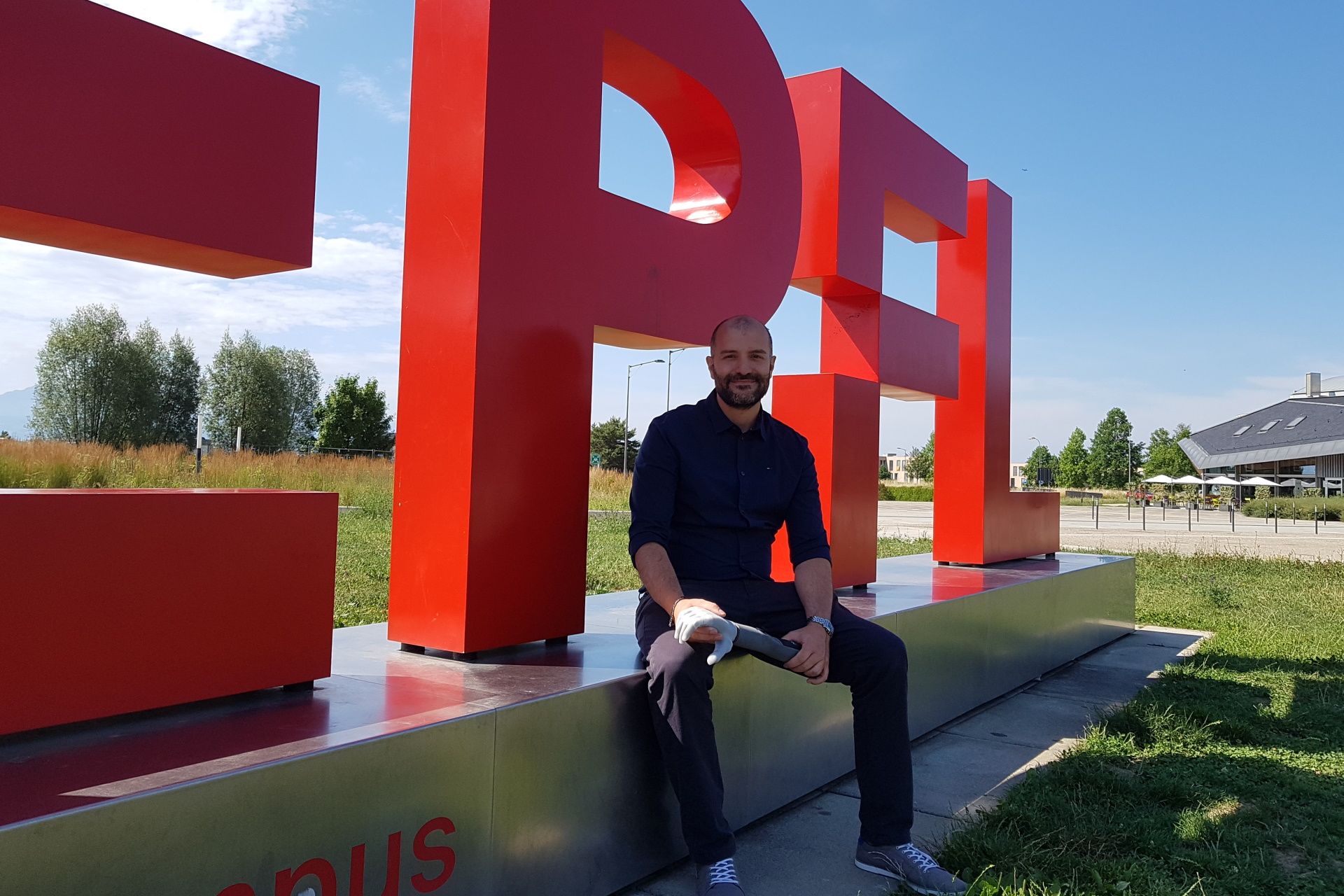
Innovative technology and artificial intelligence at the service of the disabled person. Proprioception in the future of prosthetics.
“Technology in these fields must be affordable and easy to use. Anyone with a disability must perceive the prosthesis as their own, and in this sense continuous feedback from users is essential: listening to their needs refines the work. Ours is not an incremental innovation, but a radical one: it is an innovation in the way in which to obtain the result”.
In particular?
“Adam's Hand has two motors: one controls the flexion-extension of the thumb, the other the flexion-extension of the fingers from index to little finger, but between the four fingers and the motor there is a differential mechanism that we have patented which allows us to automatically divide the motor torque between all four fingers. This allows you to obtain an extremely firm grip in any condition, making the hand autonomously 'choose' how to grip objects, without the need for the user to select any pre-set grip pattern. We have also implemented an automatic calibration algorithm, based on artificial intelligence algorithms, which guides the user in a one-off 15-second procedure: through the input of the electromyographic sensors, the hand adapts to the muscle tone of each user, because it is not said that everyone has nerves or muscles developed in the same way”.
Innovation and sustainability run between Zurich and Milan
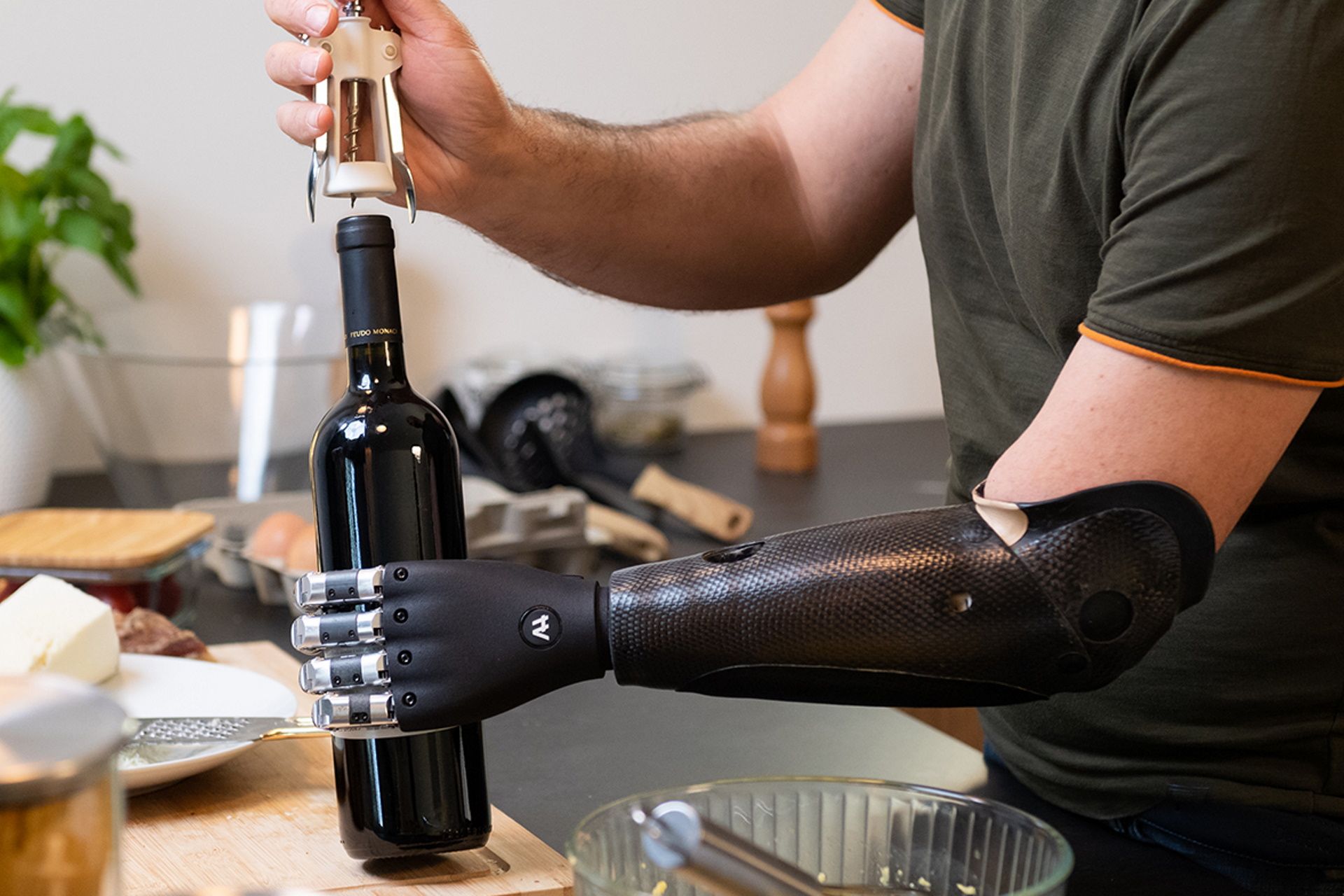
What materials is it made of?
“The mechanism in steel and aeronautical aluminum is very resistant but light, since we are in a low weight range also to favor the embodiment of the device, then very resistant technopolymers. The glove is made of medical grade silicone”.
At what stage of development are you?
“We are in the industrialization-optimization phase, continuing the robustness and durability tests. After the initial phase in which the use of the 3D printer helped us, mainly in the prototyping phase, we now rely on external manufacturers who work to our specifications. In four years we have learned so much from our mistakes!”.
“Yes” to the establishment of a Swiss innovation fund
Next step?
“Entering the market through direct business-to-business sales to orthopedic centers and workshops or through distributors, depending on the country and the related refund policy: the biggest barrier to entry is in fact the refund, which differs from state to state and based on different logics. It is on this basis that we are defining the pricing of the device".
Why does such an idea come to a start-up and how can one protect oneself from the big players?
“Multinationals generally employ much more time and resources to obtain the same results, especially when it comes to research and development activities that require fast interactions with different subjects: they are different scale models and this matters. The speed of innovation makes the difference: we have filed five patents between calibration methods, mechanisms and complex mechatronic systems. We are about to present a sixth, with the aim of building an effective 'patent castle', capable of better protecting our intellectual property”.
It's love at first sight between Milan and the "House of Switzerland"
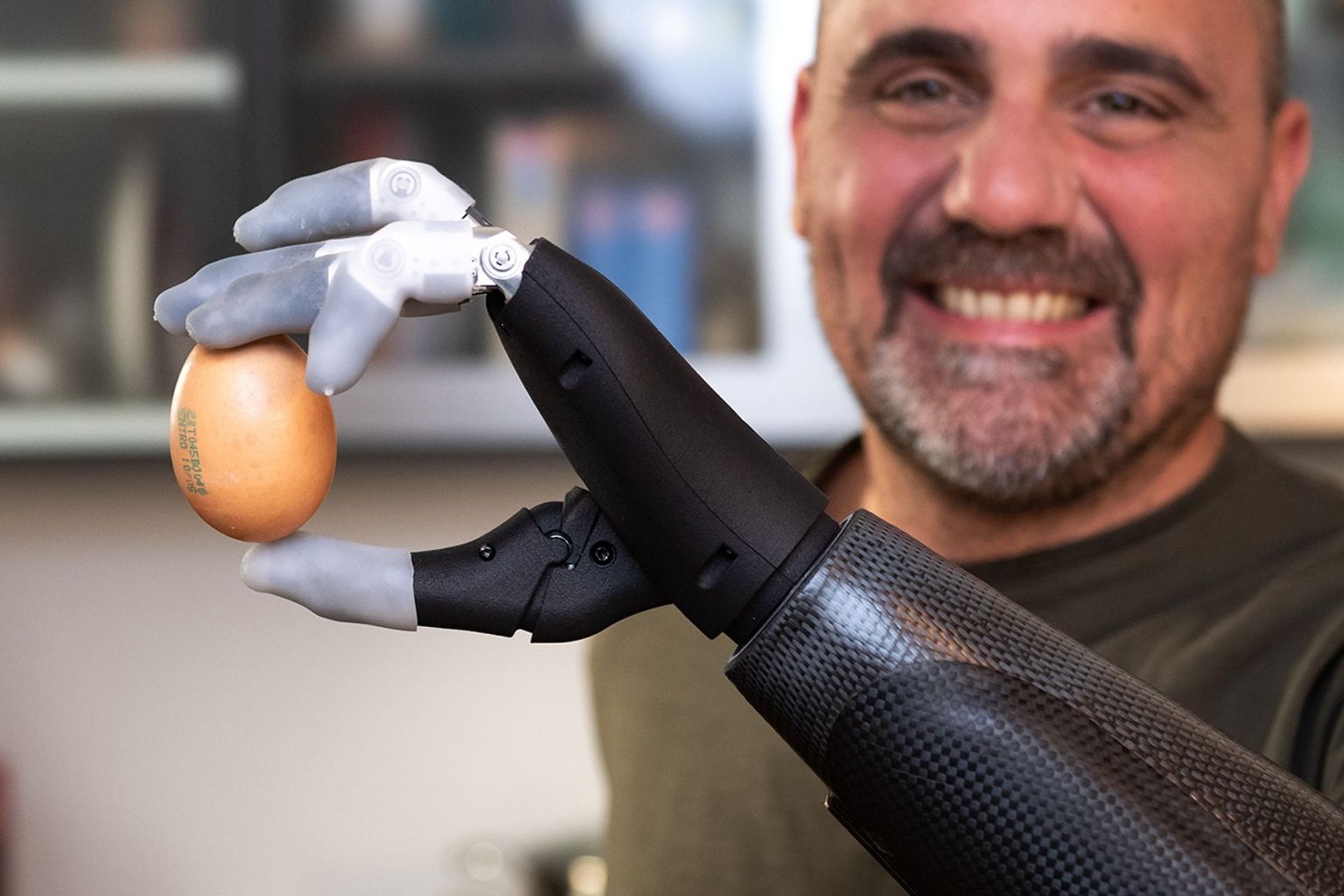
Step back. Do you leave alone, then?
“I submitted Adam's Hand's first design and first patent to an Intel competition after my bachelor's thesis, but I couldn't work on this project alone. I found myself with two colleagues, Matteo Aventaggiato, a biomedical engineer, and Federico Gaetani, a computer engineer, and we started working hard and together. We had a good time, we continued with the development and submitted an application to the PIN, Pugliesi Innovativi tender. There the first 30 euros in non-refundable funds arrived. Since then we have grown quite quickly, and without even the time to look back".
What does a start-up need to survive?
“As trivial as it may seem, funding is needed. Furthermore, what really made the difference for us was a common and strong basic philosophy, which we have refined and integrated over time. After four years it's easy to say that people are the secret, but it really is like this: the idea mustn't leak, the market must be potentially relevant, but up to a certain stage of project development, lenders mainly invest in the team. Being able to manage people in the best possible way therefore makes the difference on the outcome”.
The country with the greatest capacity for innovation is Switzerland
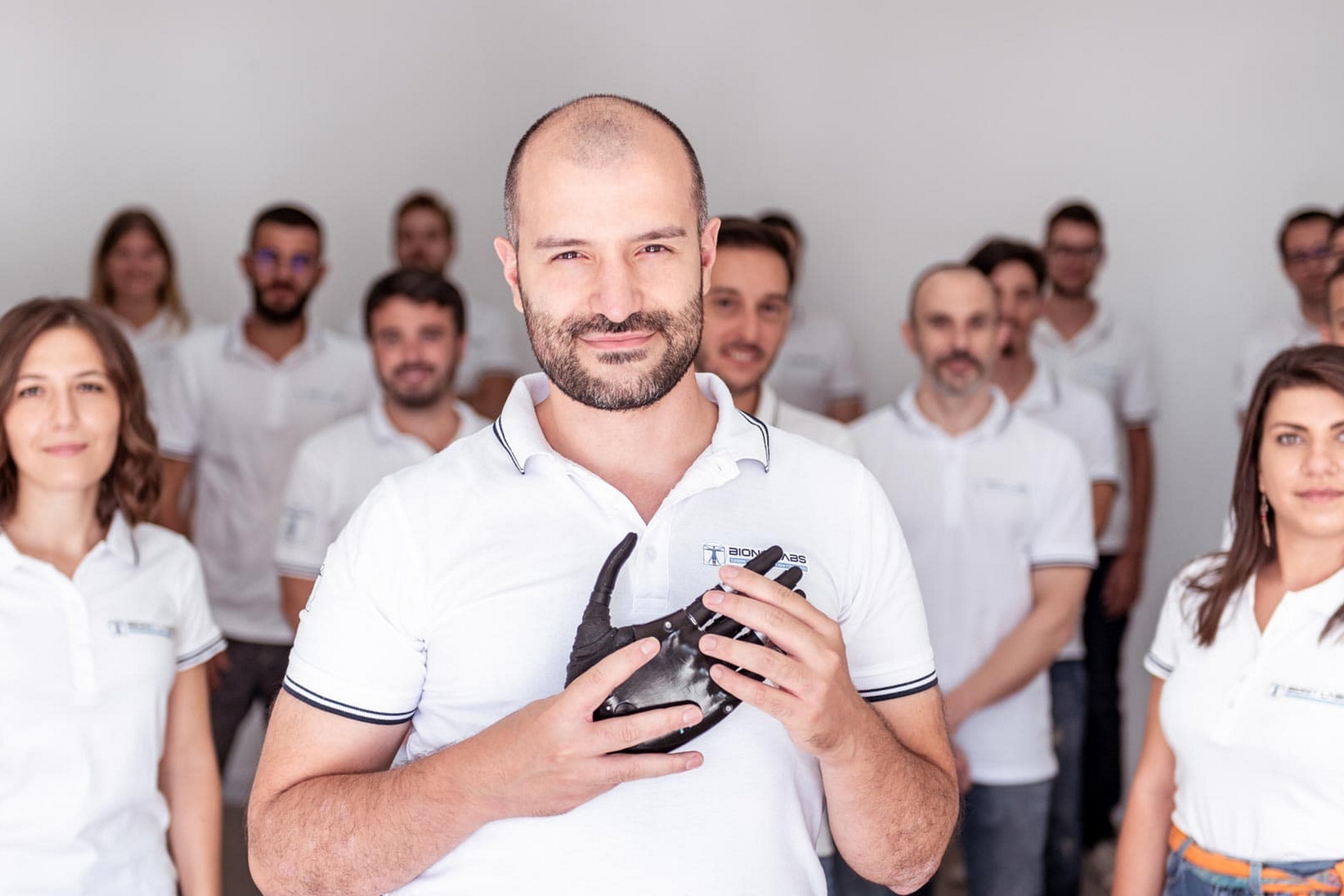
At the beginning, however, the money is not there.
“For two years none of us took a salary: we worked in 'work for equity', selling company shares for work. On the one hand, this has allowed us to save financial resources, and on the other, it has made people very close to each other and to the company”.
Can working in "work for equity" be frustrating?
“That's where you see the difference, which is why I'm talking about a team. Here people have integrated by creating a spontaneous and non-imposed moral code, which generates a fair set of values for all. A question of consistency, which makes work exciting and satisfying even when purely economic remuneration is not immediately available".
Here are the Facebook offices in Zurich where the Metaverse will be born
The Swiss Tech Experience Week is underway! After being selected among several companies, BionIT Labs 🇮🇹 is now in Switzerland to explore the innovation ecosystem 🇨🇭 with a focus on #robotics e #artificial intelligence. @Adams_Hand_ pic.twitter.com/TPItc51Ozn
— Consul General Sabrina Dallafior 🇨🇭 (@consolesvizzIT) June 28, 2022
Today, after a 3,5 million euro seed round, you are still in Italy, in Soleto. Why?
"Why not? I repeat myself, but I like to think from a team perspective: if individual people live well in a place, because they have a good quality of life and are self-fulfilling, consequently obtaining better results at work, what would be the point of moving them and perhaps even risking miss some? Some potential investors asked us if we were willing to move to the North to get financed, but we never considered this possibility. Obviously further growth would involve making some decisions, especially in terms of internationalization, but I will try to ensure that the BionIT Labs research and development center always remains here, in Puglia. In order for a place and a district to grow, it is also necessary for someone to create chances and opportunities…”.
The new Google Campus Europaallee has opened in Zurich
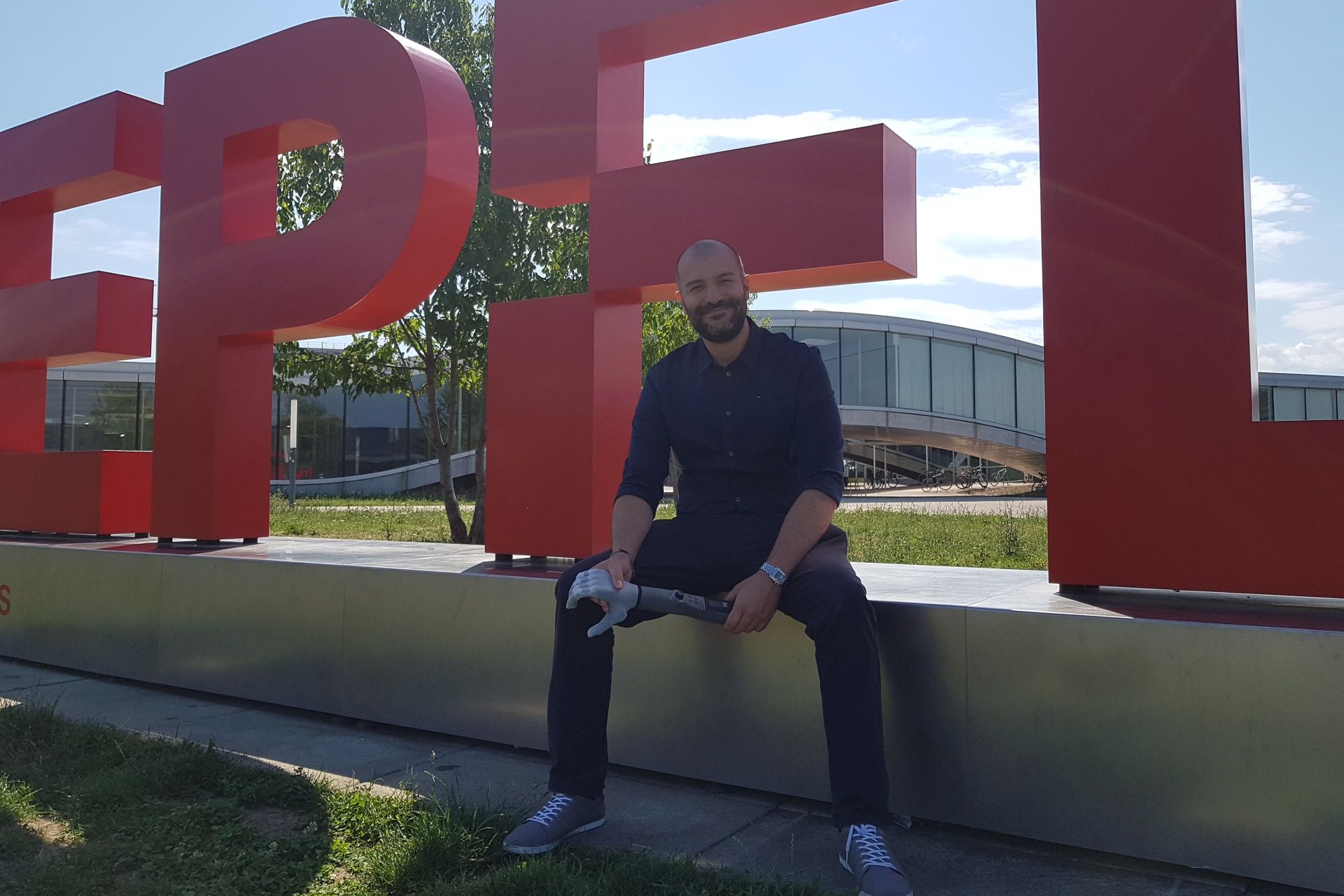
Why then does Italy lag behind in terms of innovation and technology compared to other countries?
“I believe that in Italy there is a low risk propensity and, consequently, a wrong 'culture of failure'. There is a fear of how you will be judged if you fail, which often leads to regardless rejecting any attempts to change things. But the goal is to try to achieve that change, the goal is the path. And, as you progress, responsibilities grow, which inevitably strengthen you: if at the beginning, perhaps, you lose hours and hours of work on a project without getting the result you hoped for, but you go ahead only for a personal push , when you have twenty employees, twenty families who depend on the work you do day after day, you can no longer give up so easily, and this pushes you even more to always give your best".
How do you rate the experience of the “Swiss Tech Experience Week”?
“An extremely interesting journey, which has provided us with insights into the Swiss ecosystem that we probably would not have been able to grasp in any other way. We are already working hard to put it to good use with collaborations, both in the research and industrial fields".
Adam's Hand is the first fully adaptive bionic hand
Adam's Hand, the best bionic hand in the world, in a test in Rome
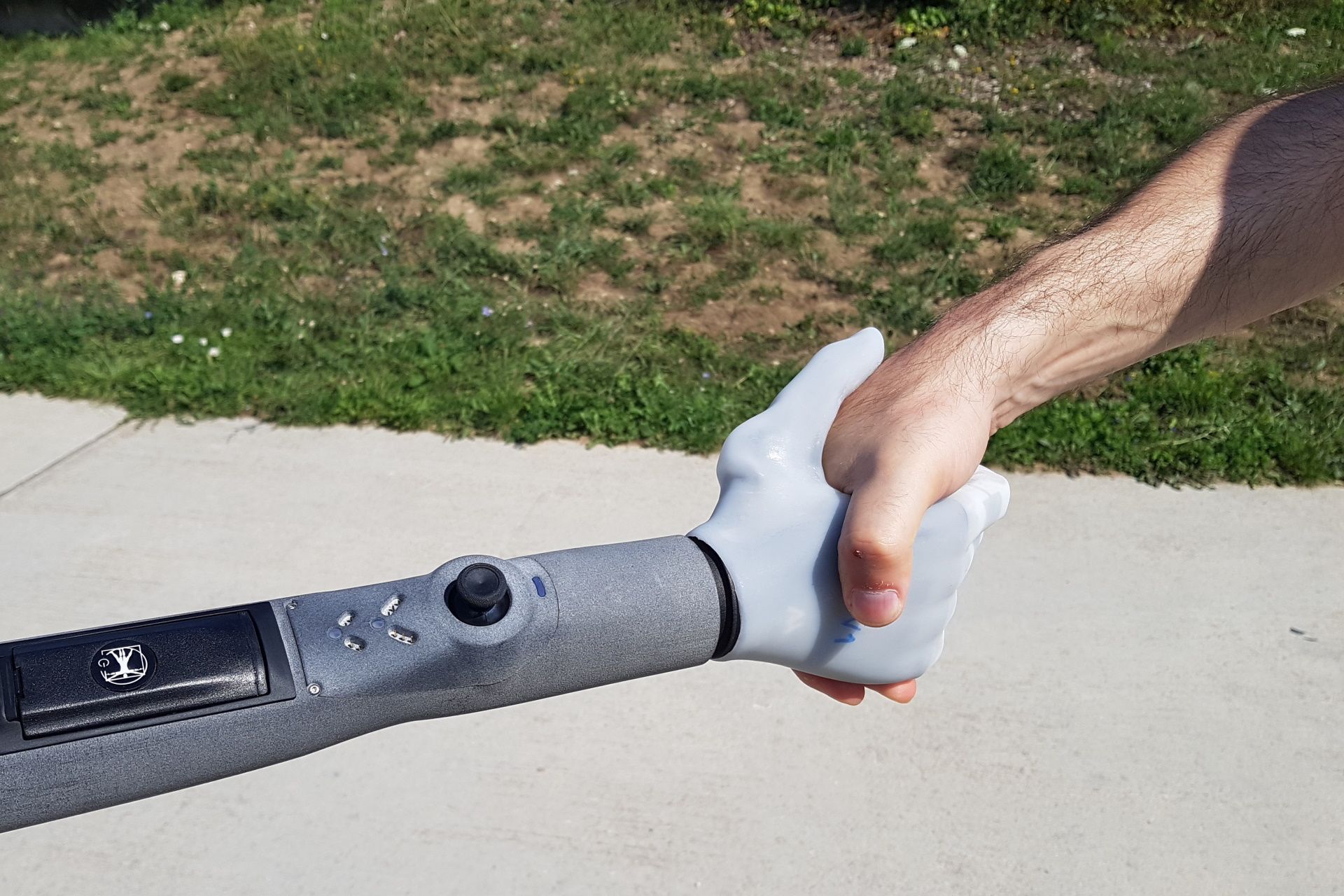
You may also be interested in:
“The patient at the centre”: a great hope and a meeting in the Senate
The topic of the importance of innovation in medical devices for European healthcare will be explored on 15 May in Rome by experts and politicians
by Alberto NicoliniEditor of districtbiomedicale.it, BioMed News and Radio Pico
Four countries, one gigantic ocean: the CMAR case
It is the marine corridor of the eastern tropical Pacific: Panama, Ecuador, Colombia and Costa Rica allied for the protection of seas and marine species...
Lausanne, on the trail of pollution: the story of an incinerator
A team of scientists has reconstructed the events of the Vallon waste-to-energy plant and the invisible contamination that shocked the Canton of Vaud
How the environment determines the characteristics of the cheese
The tasting highlights how, with unchanged production rules, climate and fodder crops influence different organoleptic notes

